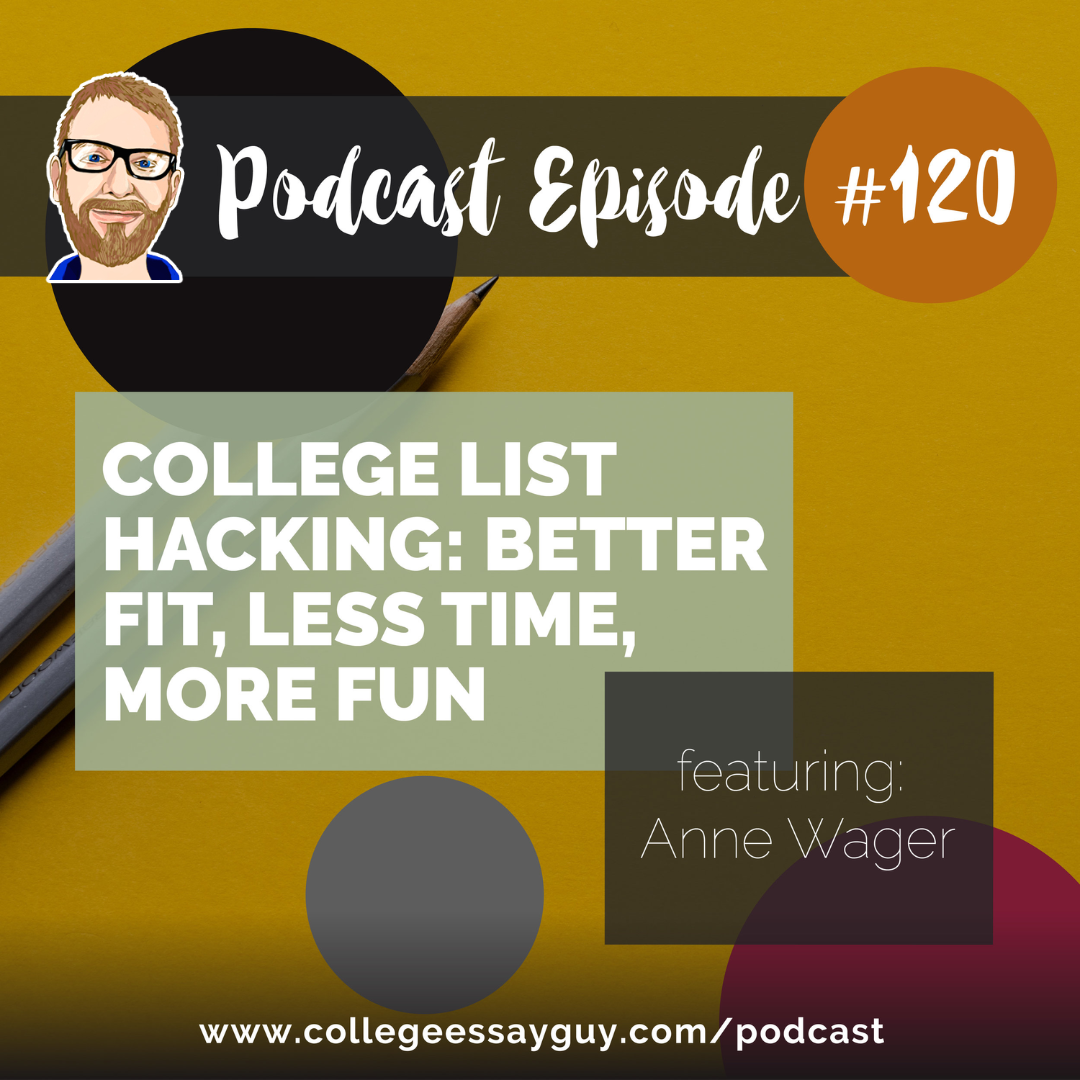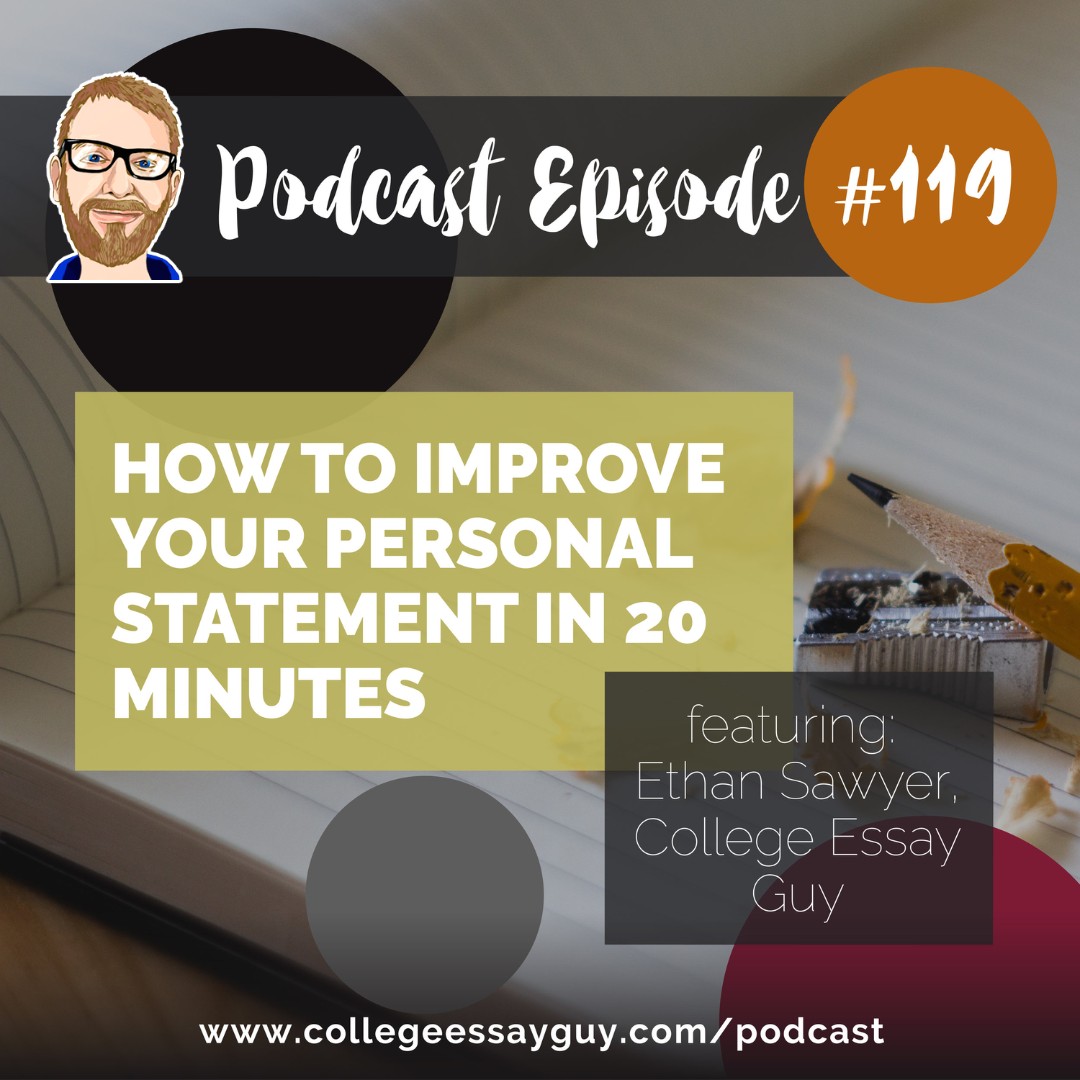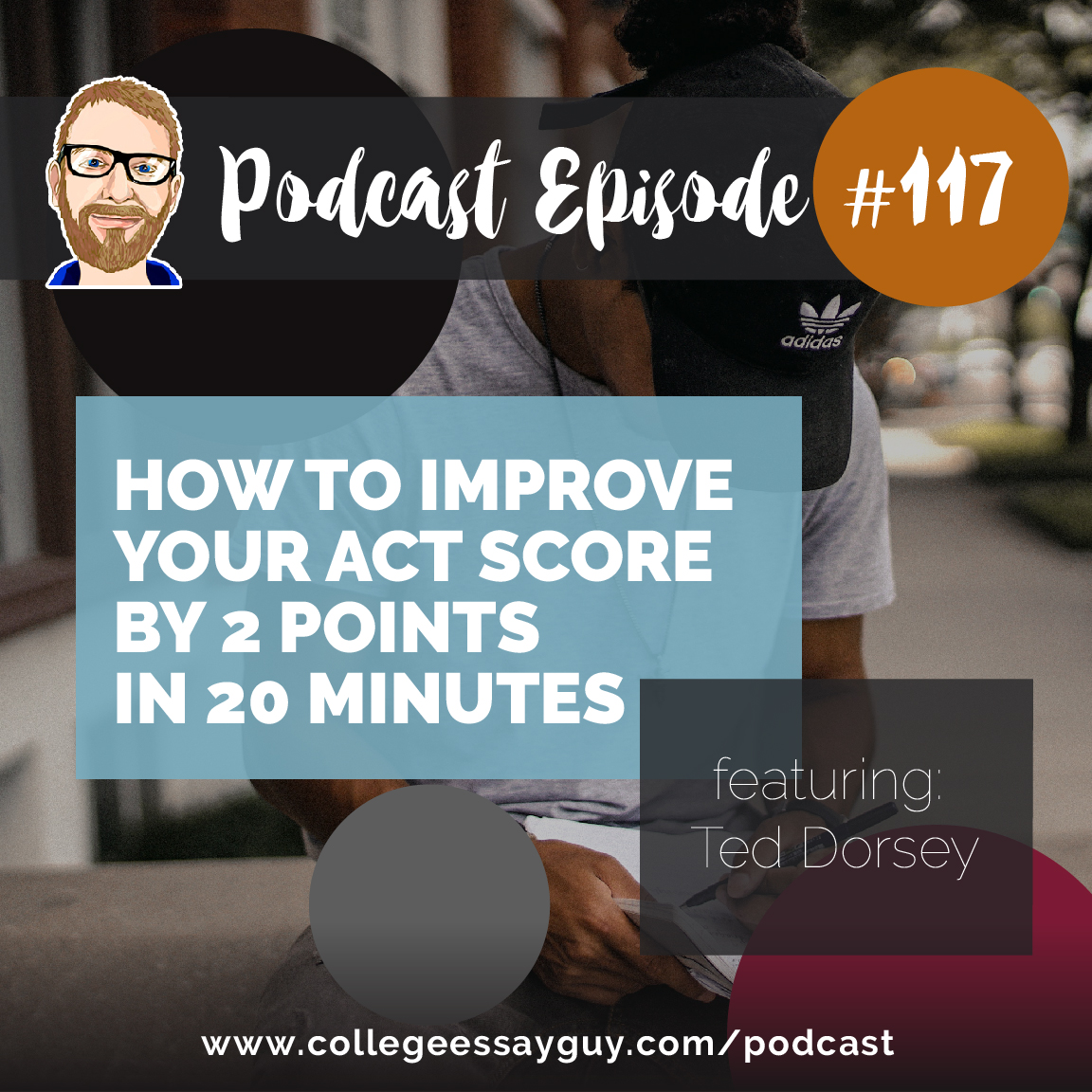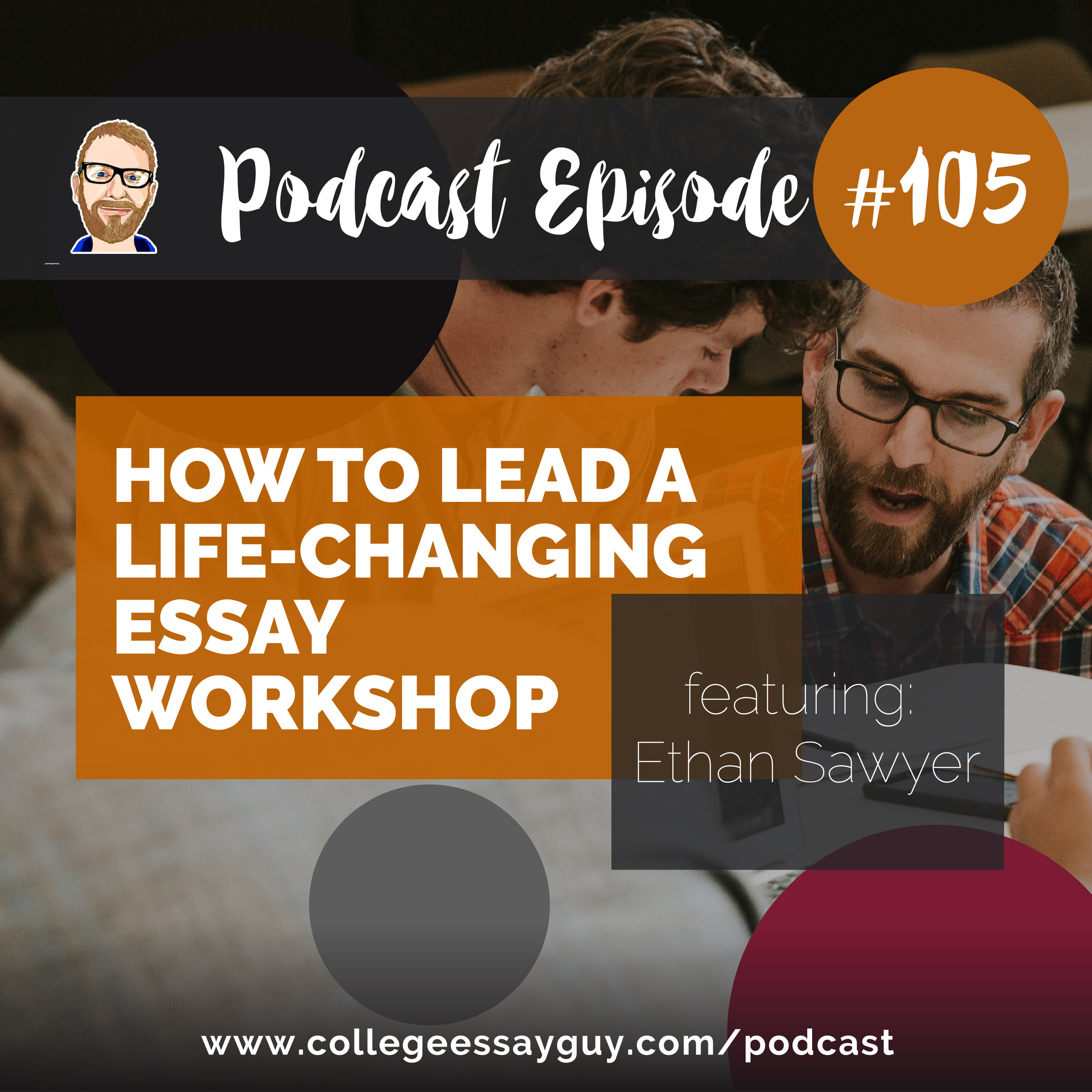SHOW NOTES
This is episode three of three with the amazing Jeff Levy and Jennie Kent. Last episode you heard from Jennie on Which Schools Are the Most Generous With Financial Aid… with International Students and on the episode before that you heard Jeff talking about which schools are most generous with domestic students (i.e. students applying from the US).
But this one is my favorite.
And it’s on a controversial topic: Should you apply Early Decision or not? Is there a statistical advantage to applying early or not? When making this decision, it might help to know what the regular decision acceptance rate is for a school and what the Early Decision acceptance rate for a school is and then compare those numbers. But imagine doing that for all the schools you’re applying to. In fact, imagine doing that for over 200 schools. Wouldn’t it be better if someone had done that work for you?
That’s just what Jeff and Jennie have done. They spent weeks--maybe months--last year poring over college admissions websites, calling admissions reps, asking for their numbers so that they could put together for you, in a neat little spreadsheet, all this information. And then they did it again this year!
Why do such a thing, you ask? That’s the first thing we cover on this episode. After that we discuss:
Why did they choose the metrics they chose (i.e. why do these numbers matter)?
What are some of the dangers of misinterpreting this data
Who is early decision right for and who is it not right for?
And, of course:
How can you use this chart practically when applying to college?
PLAY-BY-PLAY
What the Early Decision and Regular Decision Acceptance Rate Chart is [7:29]
What these terms means and why this chart is awesome [10:58]
How much work did you put into creating this chart? [9:56]
Why did you pick these specific metrics? [11:10]
What the percentage of students accepted early decision tells you about the school [13:07]
The danger of misinterpreting this data [14:47]
Why is this resource important in the admissions process? [16:03]
Who is early decision right for and who is it not right for? [17:02]
How can this chart help students practically in the process? [20:33]
What resources do you recommend to students for developing a college list? [22:06]
How to practically use the chart in your process [27:15]
What is early decision II? [30:10]
Should I apply early decision or not? [30:40]
Do you tell your students to write your regular admission essays after or before they hear back from their early decision schools? [35:47]
Jennie and Jeff: if you were applying to school again now, where would you apply? [40:30]
Ethan: if you were applying to school again, where would you go? [42:13]
Show and Tell [44:16]



























